Are the ‘big six' holding companies at risk of becoming obsolete?
As a journalistic conceit, a headline predicting the death of something is one of the oldest tricks in the book (just ask Tess Alps at Thinkbox how many times she’s had to rebut the accusation made at TV).
21 Aug 2019 | By PrintWeek India
Yes, it makes for a good headline, but the basis of the argument can sometimes border on the hysterical. So what to make of the opinion piece written by Iain Jacob and published on Campaign that described the ‘big six’ holding companies (WPP, Omnicom, Publicis Groupe, Interpublic, Dentsu and Havas) as ‘at the crossroads’?
While acknowledging that new entrants, such as augmented-reality businesses, gig-economy content creators and data hotshops are rebuilding creativity, he argues that the big six have bet the farm on two divergent strategies.
They believe that they must either become ‘data controllers’ or ‘data processors’ and, according to Jacob, it is unlikely that both approaches are right and those on the wrong side will become Darwinian dinosaurs.
As a former agency leader who until last year was chief executive of Publicis Media EMEA, is Jacob right? Are the big six holding companies at risk of becoming obsolete?
The industry insiders weigh in.
Annette King, chief executive, Publicis Groupe UK, says, “Quite the opposite. In this ever more complex and distributed world, clients are asking for one simple way into a vast array of different services, simply brought together to meet all of their needs. In this scenario, if a holding company acts like it’s holding or owning a group of separate companies, then maybe obsolescence beckons, but if a holding company genuinely acts as a platform of capabilities and expertise fluidly set up to customise to meet client need, then we will be match-fit to deliver in a way that no consultant, independent or other entity can come close to matching. One P&L, one door, hundreds of ways to serve any client need. That’s what we’re doing at Publicis Groupe. Why would that be obsolete?"
David Jones, founder, You & Mr Jones, said, “With USD 25-billion wiped off the collective market cap of the three big holding companies in the past four years, I’d argue obsolescence is already well on its way. They’re struggling to reinvent themselves to avoid their own ‘Kodak moment', but you can no more reinvent the ad agency holding company model than you can reinvent the fax machine or fixed-line telephony. They created successful companies that won the race in the analogue world, but there is a new race being run now in a different technology-driven world. The holding companies won’t die immediately, but they’ve lost the trust of their clients and, to quote one of my partners, ‘the wheel’s still spinning but the hamster’s dead'."
Neil Henderson, chief executive, St Luke’s, said, “The brutal untangling of agency services continues unabated. The search for what parts of the process can be done by cheaper suppliers or in-house is relentless. This creates opportunity for agencies whose focus is strategic and creative excellence and have a nimble, adaptive culture. More and more of the clients we would once have expected to see turning to the holding companies are knocking on the door looking for new ways to deliver innovative creative solutions. And just as the holding companies seem ready to abandon their own brands’ cultures, agency values appear to be becoming an increasingly important factor in agency selection."
Eduardo Maruri, chief executive, Grey Europe, said, “Every company has to continually adapt to serve its purpose. No business in any industry has any automatic right to exist. The right question is: how do holding companies continue to meet their clients’ needs? The answer is simple: by increasing their relevance. To increase relevance, you need to do something highly valued that no-one else can do – in this case, creativity. If holding companies attract and retain the most creative talent in the world, their extraordinary output will keep them relevant and valuable for the next generation and beyond."
Tammy Einav, joint chief executive, Adam & Eve/DDB, said, "Obsolete? Hardly. We're at one of the more exciting times for the ‘big six’ — a new era of younger leadership and diverging strategies that are giving clients real choice about what best suits their brands. We’ll see more pitches at holding company level, bolder and prouder holding company brands and more creative holding company output. It’s no coincidence that Accenture is trying to make it a 'big seven'. Yes there’s entrepreneurial energy in start-ups, but many will join holding companies and it’s a cliché to say this will kill their drive and creativity — it only made ours stronger."
Peter Reid, co-founder and chief executive, MSQ Partners, said, “There’s a very limited number of large global advertisers who still see holding companies as the only ones that can provide them with the necessary range of capabilities and scale. Most clients now require collaborative, agile teams that can respond quickly and flexibly in this tech-enabled, digitally centric world. And I think there’s little prospect of these holding companies being able to deliver the seismic level of change required to provide the mix of speed and specialist capabilities that clients really want. Most are already too bureaucratic and rigid to do that. The processes, cultures and incentives in place encourage internal competition more than collaboration."
Dan Shute, chief executive, Creature, said, “Well, yes. Obviously. Truth is, integrated agencies are just big shiny buildings full of people that most clients don't want most of the time — or, to put it another way, a big old pan drawer full of so many kitchen implements you can never find what you're looking for without stabbing your hand on the carving fork you haven't used in years. That's true to the Nth degree for holding companies. Everyone knows that, and the only people denying it are the people running them. The ‘real' question is whether the holding companies have the gumption, appetite and ambition to use all their money to change that: to shed the dead wood, and fill their drawers with smaller, nimble, brilliant client-friendly operations — or whether they’re too stuck in their ways to even try."
Lucy Jameson, co-founder, Uncommon, said, “We all know that holding companies have been hammered by tech giants, consultancies and in-housing. So, what can they deliver that these behemoths of data and efficiency cannot? The answer has to lie in standout creativity and innovation. The stuff that leads to real growth for clients. But are holding companies really the best homes for creativity? They might be good at scaling stuff, but do they encourage people to mess with the business model, try new approaches and put creativity above efficiency? My experience says they don’t. In fact, for the first year of our existence, we had a printout of WPP’s falling share price up on our wall. A reminder of the world we’d left. A challenge to do better. Innovation and creativity start at the edge. They happen in the independents. Unless the holding companies can embrace this, they’ll die a slow death."
(Courtesy Campaign India)
Read the Ian Jacob piece here.


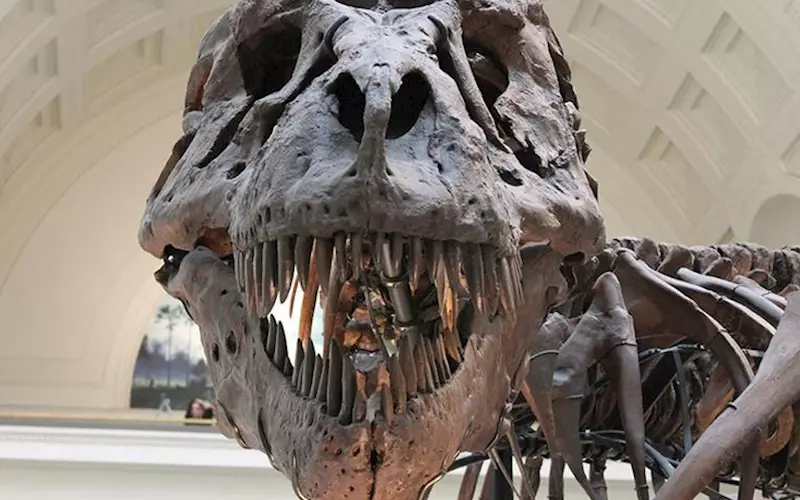
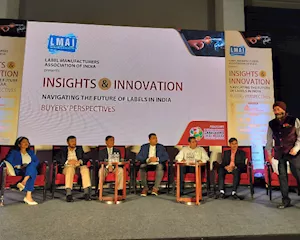

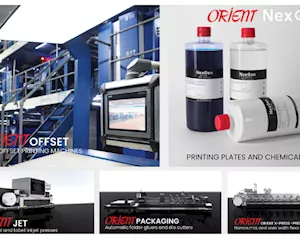
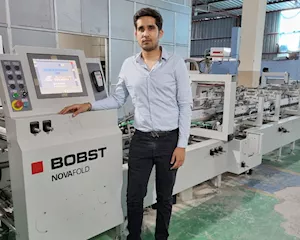
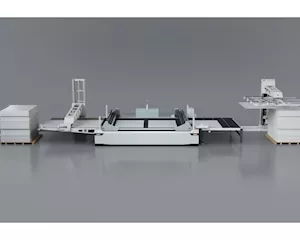






 See All
See All